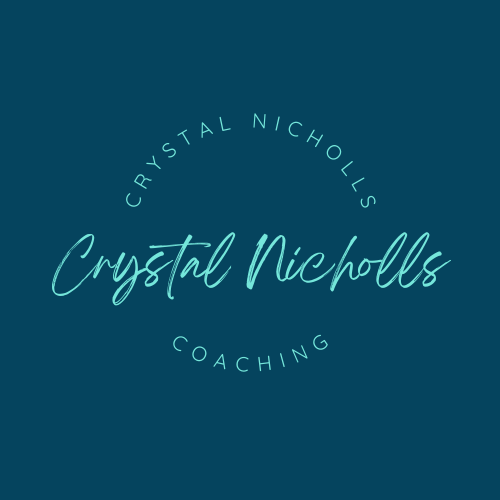A Thriving Performing Arts Sector: Forging A New Path Forward
A recent 2022 report from the Centre for Cultural Value has shed a spotlight on the UK's cultural sector, revealing an alarming reality: the entire industry is at the brink of burnout. The report not only highlights the existing challenges within arts and cultural organisations, but also stresses the need for adopting regenerative practices to our work. It’s becoming increasingly clear–we can no longer go on business as usual. It is essential that we focus on implementing practices that focus on health and sustainability. But what does this look like for us specifically in the performing arts?
Unmasking the Reality
Our industry is often romanticised in the media. This can get in the way of real change and promotes a “leave it all at the door”culture. But beneath the glitter lies a harrowing reality: performers dedicate long hours to their craft, often working unsociable hours, with little time to see loved ones, or take care of their own needs. This takes a physical, mental, and emotional toll on performers over time.
These challenges are unique to our industry, and having to explain to a professional why you can't just "take a break" can feel extremely isolating and frustrating.
Breaking the Cycle
To make matters worse, for much of our training, performers are taught things like “the show must go on” or “no pain no gain.”
We are taught–whether directly or indirectly–that we must suffer for our art, and constantly told how hard it is to “make it.”
These tropes are so ingrained in our psyche, that we have come to expect struggle as an occupational hazard. This makes it hard for us to see beyond our current reality and to imagine a world where we could really thrive, rather than simply survive.
A Path Towards Regeneration
While these challenges seem daunting, there are practical steps we can take to move our industry forward into one that is healthy and sustainable:
1. Prioritise Mental Health: Creating spaces for open conversations about mental health within the industry can help normalise seeking help when needed. Organisations should offer resources and support to address the emotional toll of the profession.
2. Redefine Success: The industry needs to shift the narrative around success. The long-standing idea that you aren’t successful unless you book a leading role, creates an impossible standard which very few people meet. We need to encourage a more holistic understanding of achievement that includes not just professional recognition, but also personal wellbeing and growth.
3. Embrace Flexibility: It is time to start looking at the way we structure shows and working hours, in order to reduce burnout. Allowing performers to balance their personal lives with their careers can significantly improve overall well-being.
4. Education and Awareness: Challenge harmful narratives by educating aspiring performers about the importance of self-care, boundaries, and nutrition, rather than simply focusing on vocation during training.
The Centre for Cultural Value's report serves as a wake-up call, urging our industry to start focusing and implementing wellbeing practices. By redefining success, prioritising mental health, and dismantling harmful narratives, the industry can support performers in performing their best without sacrificing their own well-being.
Take My Quiz!
Find out what your biggest barriers are to performing your best while looking after your health. If you’d like to get clearer on which areas of your performance career needs focus and attention, you could take my free quiz.

